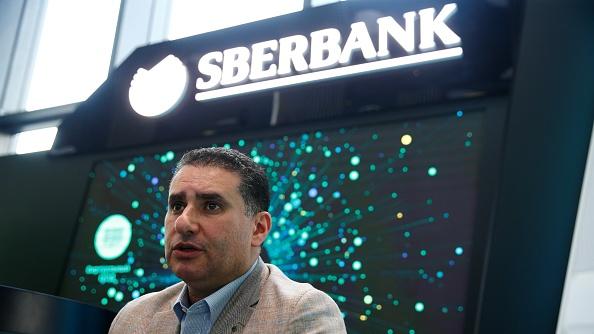Editor's note: Shahid Hussain is the founder and CEO of UAE-based company Green Proposition. The article reflects the author's opinions, and not necessarily the views of CGTN.
Some odd 3,500 American companies, which include the likes of Tesla, Home Depot, Target Corp and Ford, are suing the administration of U.S. President Donald Trump just before the November election day over imposed Chinese tariffs. On September 27, U.S. District Judge Carl Nichols will hold a hearing to stay or allow the U.S. Commerce Department ban on downloading TikTok app from Google Play and Apple Store.
Restrictions and propaganda against Chinese tech giant Huawei was the start of the end of the so-called free market, and what is following is just a tip of the iceberg if world leaders do not stop using trade as a tool to achieve political ambitions.
For argument's sake, even if there are concerns about bilateral trade deficits and data privacy, bottlenecks can be resolved by talks and not by throwing a deadline without full-fledged engagements. This is what's precisely happening in the case of ByteDance, which is actively trying to resolve all the U.S. administration's concerns and holding talks with American companies like Microsoft and now Oracle to handover data storage and management.
Google, Amazon, Facebook, Apple and Microsoft (GAFAM), which contribute immensely to the U.S. economy and provide livelihood to millions of direct and indirect employees, know that this unilateral behavior is not only unfair but other countries might start putting restrictions on them using the same logic that was applied in Russia where a court blocked Microsoft's LinkedIn page on breach of data storage regulations.
Interestingly, Sberbank, Russia's 179-year-old lender company with assets of whopping 401 billion U.S. dollars, has revamped itself as a tech company, gearing up to launch various digital products, such as "SmartMarket," which is equivalent of Google Play and Apple Store, and the virtual assistant "Salute."
The company removed the word "Bank" from their logo, and as per the Sberbank's CTO David Rafalovsky, they have made huge investment and will launch new products for domestic market where it serves roughly 100 million active bank clients and later push to 17 countries where they have presence already. However, only time will tell the faith of GAFAM in Russia.

Sberbank Chief Technology Officer David Rafalovsky speaks on global development of information and cloud technologies in Moscow, Russia, June 28, 2019. /Getty
Sberbank Chief Technology Officer David Rafalovsky speaks on global development of information and cloud technologies in Moscow, Russia, June 28, 2019. /Getty
Unlike other big economies that are opening their markets, China recently said it will expand the scope of investment for foreign investors under combined scheme, effective from November 1, which will have simpler vetting and lower threshold. The best example to prove China's seriousness to promote multilateral cooperation is the Belt and Road Initiative (BRI), by which it's connecting itself to the rest of the world to promote trade and commerce among almost a hundred states and organizations.
This strategy of China is already paying off as Chinese tech giants Baidu, Alibaba, Pinduoduo and Tencent are flexing their muscles in foreign markets. In Latin America, Pinduoduo recorded a surge of 310 percent in agriculture sales, showing the demand for Chinese products. The same phenomenon is quite visible in Africa, GCC and ASEAN countries, while Italy's joining of the BRI has paved the way for these companies to make inroads in Europe.
Since ancient times, trade has been the best way to improve and strengthen relationships among countries. Moreover, the world can overcome challenges like poverty, malnutrition, climate change and pandemics only through multilateralism.
Underdeveloped countries and developing countries cannot be lifted by unilateral approaches but by global efforts, especially by big economies which need to behave responsibly.
Hopefully, the U.S. judiciary will protect the rights of hundreds of Americans who directly work for TikTok and address the issue of American companies and farmers who are facing the heat due to tariffs on Chinese products worth more than 300 billion U.S. dollars.
(If you want to contribute and have specific expertise, please contact us at opinions@cgtn.com.)